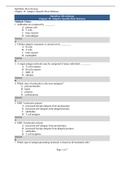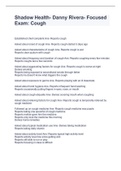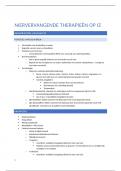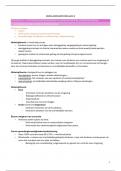Essay
External factors and cultural differences
- Module
- International business
- Institution
- PEARSON (PEARSON)
This document has an in depth analysis of the Body Shop and what problems to communication, cultural differences and external factors they face when operating on an international level.
[Show more]












